Russia is entering a new phase of confrontation with the West
The acquiescence to the West on the part of politicians of non-Western countries also clearly falls under the influence of double standards.
INSTITUTE FOR INTERNATIONAL POLITICAL AND ECONOMIC STRATEGIES
The decision of the Russian leadership to recognise the DPR and LPR was a forced and predictable measure. Although almost eight years have passed since the referendums were held in the former Donetsk and Lugansk regions of Ukraine, Moscow’s recognition has caused public support not only in the already legitimate republics, but also in Russia, Belarus, Serbia and a number of other countries.
Kiev is guilty not only of the genocide of the Russian people, which it carried out over the past years, but also of the glorification of Nazism and a pronounced destructive foreign policy, which included militarisation with the help of Western countries and active attempts to join NATO.
These factors became fundamental in making the decision, although Moscow hoped until the last moment for the implementation of the Minsk Agreements by Ukraine. This did not happen, so such a U-turn in the Ukrainian direction was simply necessary. First of all, for humanitarian reasons.
We also need to pay attention to the strategic situation around Ukraine. After the coup in 2014, the leadership of Belarus was loyal to the regime of Petro Poroshenko and later, Vladimir Zelensky. Only after an attempt to commit such a coup in Belarus itself did Aleksandr Lukashenko begin to pursue a clear pro-Russian policy. And on the eve of the recognition of the DPR and LPR, joint military exercises with Russia were held on the territory of Belarus. The country’s leadership also announced its intention to purchase a number of Russian-made weapons systems, including combat aircraft and air defence systems.
Therefore, if we consider Ukraine as a zone of potential aggression against Russia (since the agreement with the DPR and LPR now provides for the provision of military assistance to the republics from Moscow), the role of Belarus in the possible conduct of a joint peacekeeping operation must be taken into account. Kiev is not only in an economic blockade by Russia and Belarus. With Belarus, Ukraine is blocked from the north, and during military operations, strikes from this direction will help to quickly sober up Kiev and go for an early surrender.
Now it is necessary to look at the procedure for recognising the DPR and the LPR from the point of view of international law. Already on February 21, and even earlier, when Western politicians were hysterical about the imminent “invasion of Russia”, representatives of the NATO neoliberal cartel spoke with one voice about the violation of international law. But is it so? And what do they mean by international law?
Recall that the bombing of Yugoslavia in 1999 and the recognition of Kosovo’s independence violated the Helsinki Agreements on the inviolability of political borders in Europe. But the West did not pay attention to this. Since the law of precedent applies in the West, these events actually opened the way for such actions.
But even earlier, in 1994, the United States invaded Haiti under a far-fetched pretext, although it received UN approval. Almost immediately after the collapse of the USSR, it was relatively easy to do this, especially considering that during these years the post of Foreign Minister was held by Andrey Kozyrev, who obeyed Washington’s instructions in everything. The Bill Clinton administration motivated the decision to occupy Haiti by the need to protect American citizens in that country.
Both cases, and later the bombing of Libya in 2011, are known as the “Responsibility to Protect” doctrine. This doctrine was developed directly in the West. Meanwhile, it was implemented at the UN in 2005 at the instigation of Canada, which developed it in 2001. [i] Its meaning is that sovereignty is not only a right, but also a duty. And if the governments of some countries do not cope with the obligations to respect the rights and freedoms of their citizens, then they must be punished.
Another associative connection arises with the partition of Sudan. South Sudan gained independence in a referendum in July 2011, which followed an agreement between the government and rebels in the south of the country. [ii] This process was directly supervised by high-ranking American politicians, seeing in the section of the country an interest for the United States, including access to oil resources. It is significant that such concern on the part of Washington did not save South Sudan – in 2013 it plunged into another civil war.
A natural question arises – did the government of Ukraine cope with ensuring the rights of the Russian-speaking population on the territory of Ukraine after the coup in February 2014?
Firstly, the government itself can hardly be called legitimate, since after the coup the alliance of neo-Nazis and Westerners embarked on a policy of intimidation and blackmail. And the decisions adopted by the parliament of Ukraine after February 22, 2014 cannot be considered legal acts.
Secondly, when political polarisation clearly highlighted the two opposing camps, were attempts made to resolve differences peacefully through negotiations? No, the Kiev junta sent not only law enforcement and intelligence agency units, but also military formations to the regions where they defended their rights (including speaking their native language). Donetsk and Lugansk were subjected to air raids and artillery shelling.
Consequently, Ukraine as a state has lost its right to sovereignty. And when Russia comes to the defence of civilians in a neighbouring country, whose population is historically, culturally and spiritually bound by centuries-old traditions, it has much more right to talk about the “Responsibility to Protect” than the United States and NATO countries, which invaded other countries under far-fetched pretexts. Finally, neither Yugoslavia, nor Haiti, nor Iraq, nor Libya, carried an existential threat to the United States. But Ukraine, transformed with the help of the West into an anti-Russia, certainly carries such a threat.
Therefore, we are dealing with double standards. And if you pay attention to the fact that the West is denying Russia the opportunity to come to the defence (you can recall the reaction to the operation to force Georgia to peace in August 2008), then this suggests a certain form of racism.
After all, it turns out that it is the Russians who cannot come to the aid of their compatriots or other peoples. It’s almost like Orwell, where in his work “Animal Farm” the pigs who seized power declared that all animals are equal, but some are more equal than others. This is not openly stated, but it is clearly implied.
Moreover, the United States refuses the opportunity to not only come to the defence, but also to criticise, point out violations and make comparisons – all this is declared fake by the US State Department, and Washington’s satellites are actively working on information and psychological processing of both their own population and the Russian one through foreign agents, social networks and various grant programs through diplomatic missions.
The acquiescence to the West on the part of politicians of non-Western countries also clearly falls under the influence of double standards. Take, for example, Turkish President Recep Erdogan, who said that Moscow’s decision to recognise the LPR and the DPR is unacceptable. “We call on the parties to be guided by common sense and comply with international law,” the Turkish president said. [iii]
Does the presence of the Turkish military on the territory of Syria and Iraq violate the norms of international law? Did they receive an invitation from representatives of the authorities of these countries? Of course not. And the situation with Northern Cyprus clearly does not fit into the norms that Erdogan is talking about.
By the way, for decades the Republic of Northern Cyprus has been recognised only by Turkey for obvious reasons. And the DPR and the LPR have already been recognised not only by Russia, but also by the CAR. Next up is Syria, which has already supported President Putin’s decision. [iv] Official recognitions from Belarus, Venezuela and Nicaragua, whose leaders supported Moscow’s decision, will surely follow. And also from Abkhazia and South Ossetia.
Of course, Erdogan is concerned about the Kurdish issue, because the Kurdish population of Turkey is growing every year, which will inevitably lead to a political imbalance over time. But Erdogan himself is pursuing a rather repressive policy in his country under the guise of fighting terrorism, since the Kurdistan Workers’ Party is recognised as a terrorist organisation there.
However, Turkey’s role may turn out to be more destructive in the Ukrainian direction – where Bayraktar combat drones are already being supplied, which can be used against residents of Donbass. [v] And unscrupulous militants used by Turkey in the Syrian Idlib or Libya can also be transferred behind Bayraktars. [vi] At least, the possibility of such a scenario must be taken into account. Moreover, information has already appeared about the recruitment of militants from Bosnia and Herzegovina, Albania and Kosovo to send them to Ukraine. [vii]
Summing up, we can make an unambiguous conclusion that Russia is on the right side of history. It will be difficult to break the information blockade and bring the truth to the citizens of other countries, especially those belonging to the Euro-Atlantic community. Although there are adequate media and politicians there. It will also be difficult to overcome new sanctions measures that relate to Russia’s sovereign debt and the ability to work in Western markets.
But, on the other hand, it forces us to continue developing our own global strategy, where there will be no place for Western totalitarianism. Therefore, the recognition of the DPR and LPR is another step towards the emerging multipolarity. [viii]
[I] https://www.un.org/en/genocideprevention/about-responsibility-to-protect.shtml
[ii] https://ria.ru/20210109/sudan-1591607931.html
[iii] https://www.forbes.ru/society/456553-erdogan-nazval-nepriemlemym-resenie-putina-priznat-dnr-i-lnr
[iv] https://ria.ru/20220221/siriya-1774191571.html
[vii] https://rg.ru/2022/02/21/zapadnye-specsluzhby-verbuiut-boevikov-dlia-otpravki-na-ukrainu.html
[viii] https://katehon.com/ru/article/liberalizm-umiraet-priblizhaetsya-mnogopolyarnost
Source: https://russtrat.ru/en/analytics_/27-february-2022-0203-9027
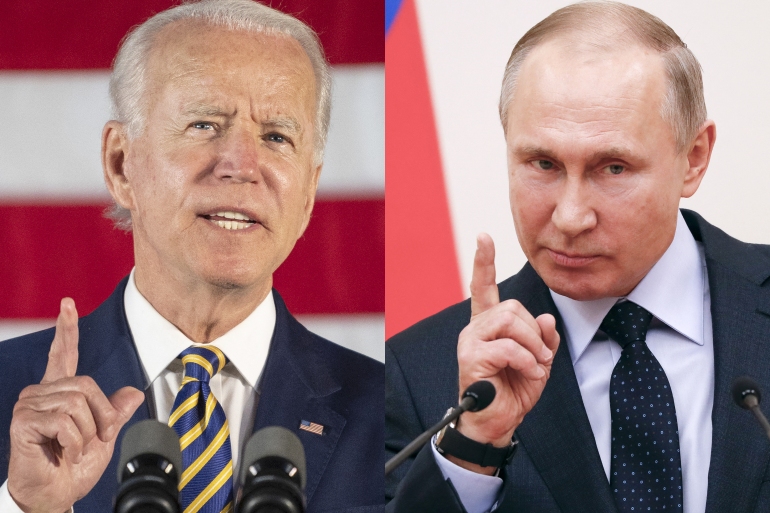
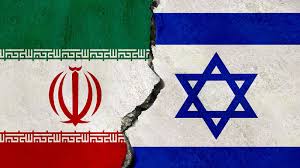
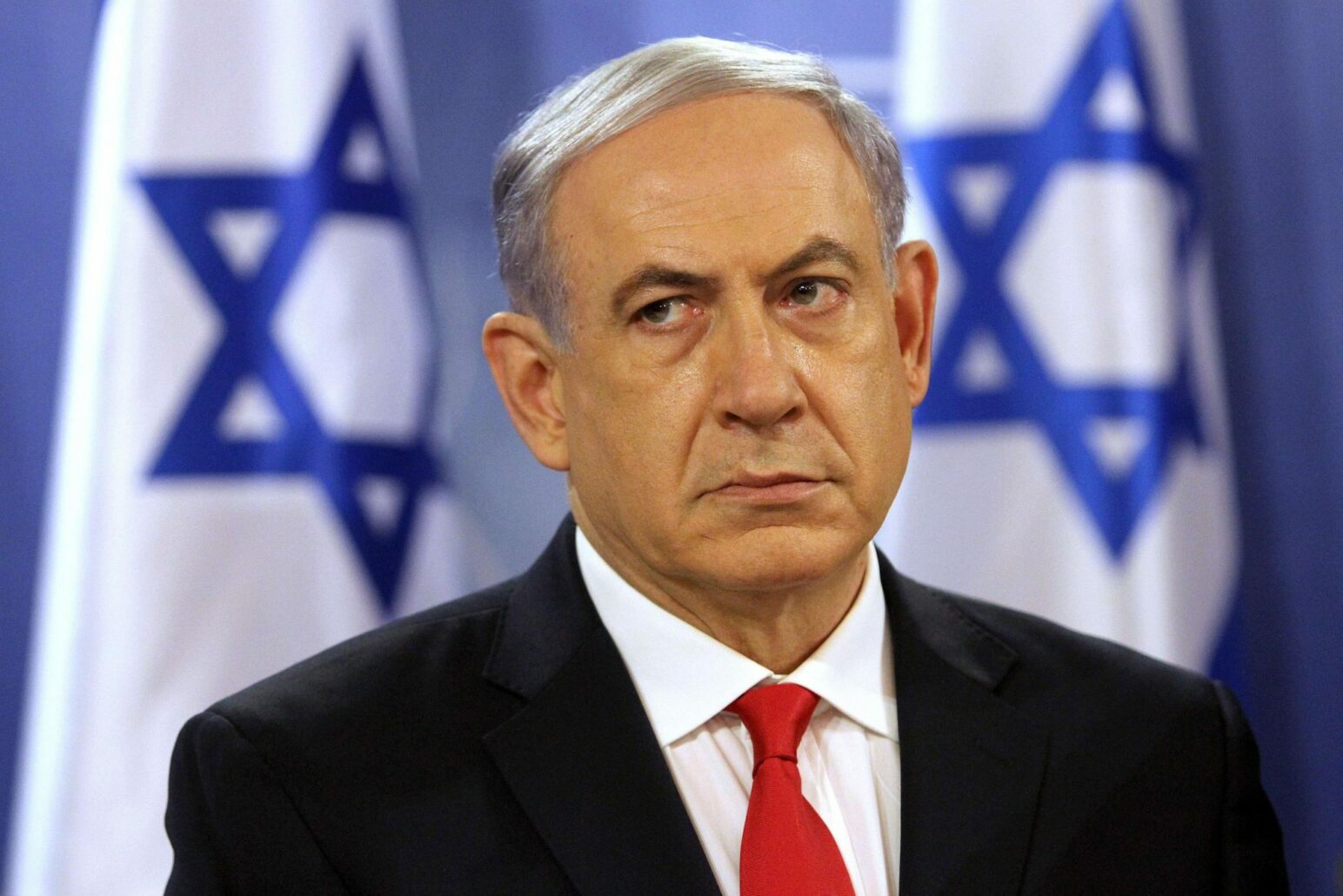
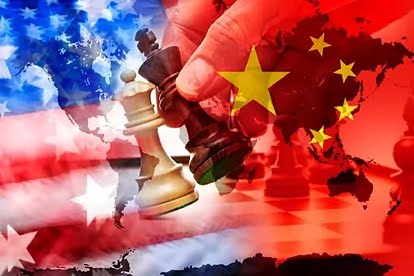
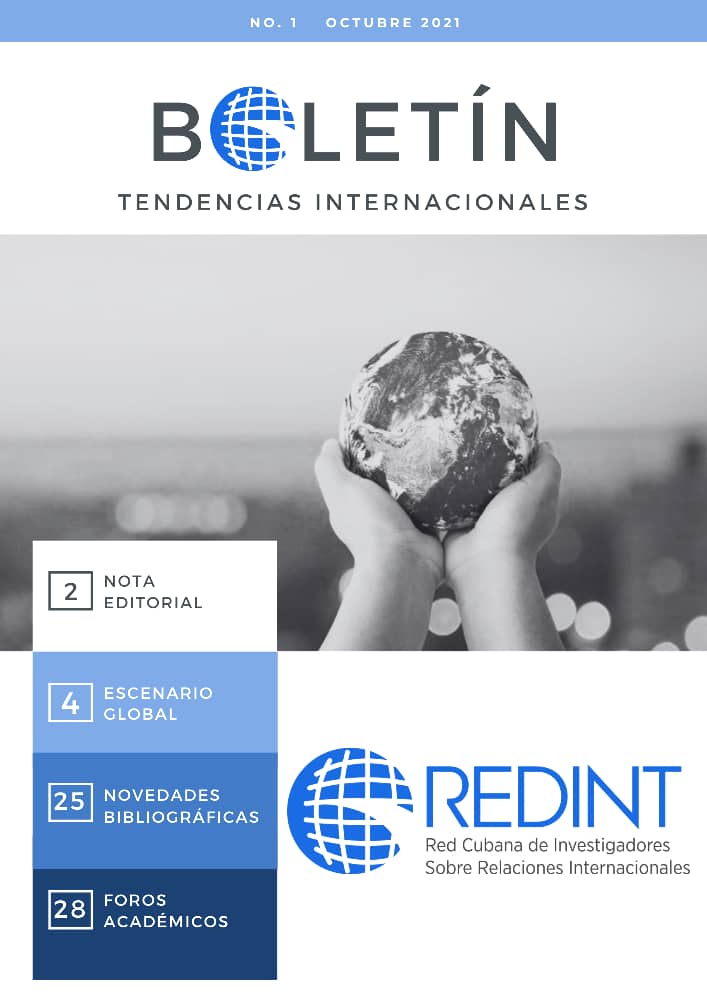
Déjanos tu comentario